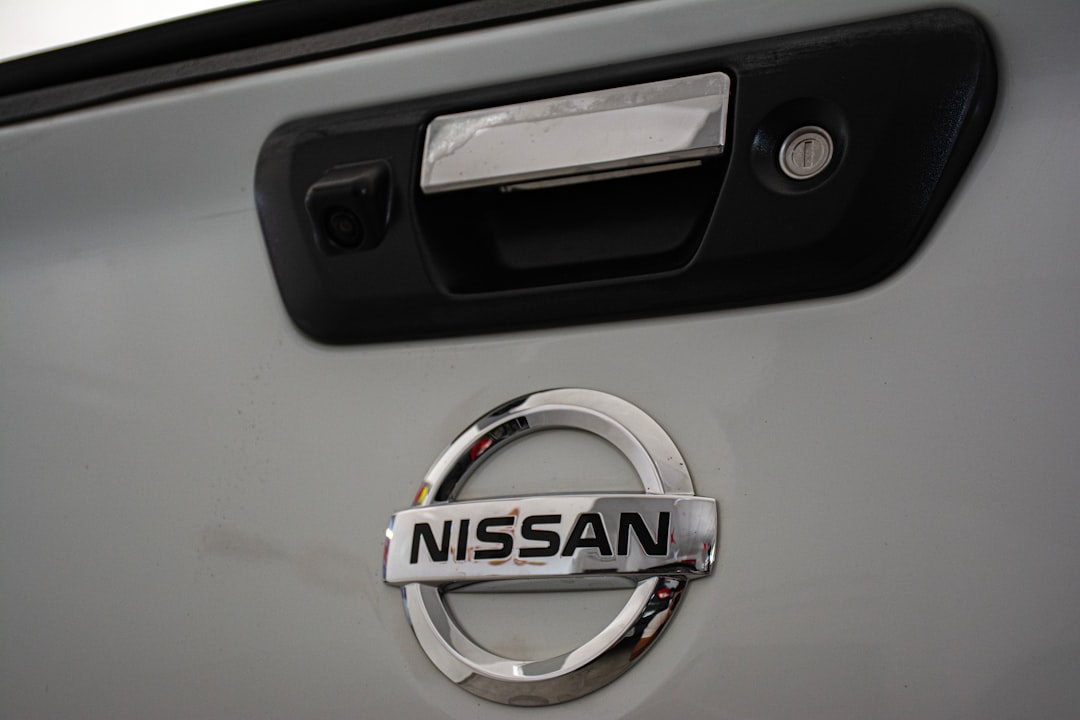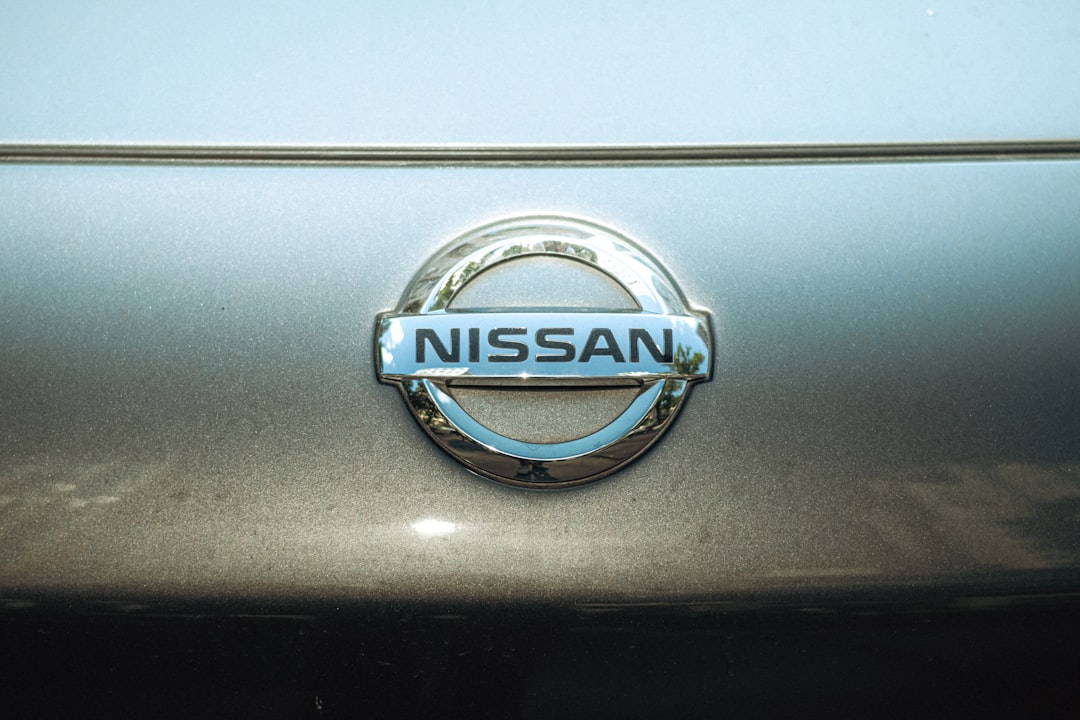Nissan is one of the most globally recognized automotive manufacturers, having established itself as a household name over the past century. Known for a mix of reliability, engineering innovation, and value, Nissan’s reputation is not solely built on quality design or cutting-edge technology — much of it also rests on the strategic global network of its manufacturing plants. With factories stretching across continents from Japan and the United States to the United Kingdom, Mexico, and beyond, Nissan’s geographic footprint is a calculated reflection of production efficiency, market demand, trade advantages, and local economic ties.
The phrase “Made by Nissan” transcends borders. While a Rogue sold in Chicago might be made in Tennessee, a Qashqai on London roads likely hails from Sunderland. To better understand how Nissan brings innovation to the driveways of millions of customers worldwide, it’s important to examine the scope and significance of its international manufacturing operations.
- Japan: The Birthplace of Nissan
- United States: Serving One of the Largest Auto Markets
- United Kingdom: European Engineering and Distribution
- Mexico: Bridging North and South America
- Other Notable Production Locations
- EV Production: A Global Transformation
- Strategic Implications of Nissan’s Global Manufacturing
- Conclusion
Japan: The Birthplace of Nissan
Japan is not only Nissan’s headquarters but also the birthplace of the company. Founded in 1933, Nissan originally grew in Yokohama and gradually expanded domestically before taking its vehicles worldwide. Today, Japan remains a critical hub for Nissan, not just for corporate governance and R&D but also for manufacturing.
Nissan operates several plants in Japan, including:
- Oppama Plant – Produces the Nissan Leaf, Note, and Kicks, playing a significant role in Nissan’s EV production.
- Tochigi Plant – Focuses on high-end models such as the Infiniti series and sports cars like the GT-R.
- Yokohama Plant – While not a full vehicle assembly plant, it is crucial for engines and drivetrain systems.
These facilities are integral to the company’s innovation pipeline and quality controls, often serving as benchmarks for global operations.
United States: Serving One of the Largest Auto Markets
The United States represents one of Nissan’s most important markets. In response to the demand for locally built vehicles, Nissan has maintained a manufacturing presence in the U.S. since the early 1980s. The strategy supports cost-effective production and allows Nissan to tap into the “Made in USA” appeal for customers.
In the U.S., Nissan operates two major manufacturing sites:
- Smyrna, Tennessee Plant – Opened in 1983, it’s among the largest automotive plants in North America. It produces models including the Nissan Rogue, Pathfinder, and Leaf.
- Canton, Mississippi Plant – Opened in 2003, manufacturing vehicles like the Altima, Frontier, and Titan pickup truck.
Together, these plants employ over 10,000 workers and produce over a million vehicles annually. Additionally, the U.S. serves as a vital base for Nissan’s engineering, design, and customer care teams.

United Kingdom: European Engineering and Distribution
Perhaps one of the most famous international Nissan plants is in Sunderland, United Kingdom. Operational since 1986, the Sunderland facility has become a cornerstone of Nissan’s European strategy. The plant has gained a strong reputation for efficiency and quality, earning numerous productivity and sustainability awards over the years.
Models produced in Sunderland include:
- Nissan Qashqai
- Nissan Leaf (Europe-only version)
- Nissan Juke
The significance of this plant increased post-Brexit, as it became the focal point of Nissan’s commitment to continue investing in the UK automotive industry. Nissan has already announced further investments in EV production at Sunderland, contributing to the region’s transition to an electric future.
Mexico: Bridging North and South America
Mexico is another strategic location in Nissan’s global manufacturing map. The country’s favorable trade agreements, cost-effective labor force, and proximity to both the U.S. and Latin America have made it a key player in Nissan’s worldwide operations.
Nissan’s major manufacturing facilities in Mexico include:
- Aguascalientes Plant 1 – Produces several popular compact and subcompact models like the Versa and Sentra.
- Aguascalientes Plant 2 – Jointly operated with Daimler for the production of both Nissan and Infiniti models.
- Cuernavaca Plant – One of Nissan’s oldest plants outside Japan, now focusing on commercial vehicles.
Mexico-made cars are often exported to markets across North and South America and even parts of Asia. Nissan’s deep roots in Mexico, going back to the 1960s, have also made it one of the most trusted brands in the country.
Image not found in postmetaOther Notable Production Locations
Beyond Japan, the U.S., the U.K., and Mexico, Nissan has extended its manufacturing capacity to several other regions. Each of these locations plays a unique role, either by serving local markets or acting as an export hub to supply broader geographic zones.
Thailand: Often referred to as Nissan’s manufacturing hub in Southeast Asia, the Thai plants are instrumental in producing pickup trucks like the Navara and small passenger cars.
India: Specified for compact car production, the Chennai plant (a joint partnership with Renault) serves both domestic and export markets, particularly Africa and the Middle East.
China: In partnership with Dongfeng Motor Corporation, Nissan manufactures a variety of vehicles here under the Dongfeng Nissan brand, tailored to Chinese consumers.
Spain: Although Nissan announced plans to phase out its production plants in Barcelona, historically this location produced models such as the NV200 and various pickups for global markets.
EV Production: A Global Transformation
As the automotive landscape shifts toward zero emissions, Nissan is actively transitioning manufacturing lines globally to accommodate electric vehicles. The Nissan Leaf, which initially rolled out from Japan and then expanded to the U.S. and U.K., has been a pioneer in affordable EV adoption. Now, more locations are being added to the EV map.
Plans for future EV production include:
- Expansion of EV capacity at Smyrna (USA) and Sunderland (UK)
- Introduction of solid-state battery components in Japan
- New e-POWER model assembly lines in Thailand and China
The electric future is deeply integrated into Nissan’s global manufacturing strategy, with each plant enhancing its capabilities to produce hybrid and battery-powered vehicles efficiently.
Strategic Implications of Nissan’s Global Manufacturing
Nissan’s international manufacturing model offers several advantages:
- Localized production reduces tariffs, cuts transportation costs, and lowers delivery times.
- Market proximity enhances communication with local suppliers and consumers, allowing for regional customization.
- Risk diversification mitigates operational disruptions due to geopolitical events, natural disasters, or trade regulations.
However, such a structure also entails challenges — from managing supply chains spread across multiple time zones to ensuring consistent quality control. This has led Nissan to invest heavily in digitizing operations, implementing uniform quality standards, and integrating AI-based monitoring systems across plants.

Conclusion
Nissan’s manufacturing capabilities reflect not just an optimized business model, but a philosophy of global cooperation, regional empowerment, and resilience. Whether a vehicle is assembled in Yokohama, Sunderland, or Aguascalientes, customers can expect the same commitment to reliability, performance, and value that defines the Nissan brand.
As Nissan steers into the future of electrification and autonomous vehicles, the company’s geographically diversified manufacturing network will remain a critical asset — ensuring that innovation reaches every corner of the automotive world efficiently and affordably.



Leave a Reply